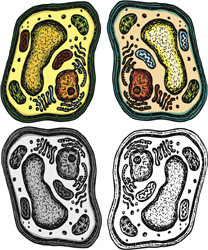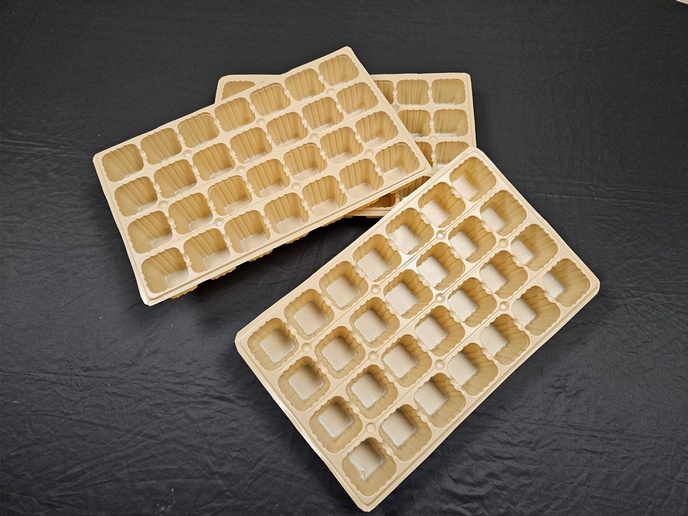Plant cell wall integrity investigated
Besides protecting cell contents, plant cell walls provide the bulk of the biomass used for bioenergy production. Its ability to defend against abiotic and biotic threats and the efficiency with which it can supply us with bioenergy is determined by its structure. Although it is known that a cell wall integrity mechanism exists to form and maintain cell wall structure, our understanding of the processes involved is limited. The EU-funded CELL WALL METABOLISM project was established to help solve the puzzle. Specifically, researchers wanted to gain a deeper understanding of the role of sugars in signalling and responding to cell wall damage. They also wanted to identify and characterise the proteins involved. In order to study the function of sugars, the team induced cell wall damage in Arabidopsis plants using a herbicide known as isoxaben. The plants were then either supplemented with or starved from sugar, but further investigations will be needed to draw precise conclusions as to the effects. In terms of characterising the proteins involved in cell wall-related processes, samples were prepared for analysis using advanced equipment. Further research expanding on the foundations laid by the CELL WALL METABOLISM project will advance our understanding of the plant metabolism driving cellulose production. This could support improved bioenergy production and the generation of food crops resistant to environmental stressors.







